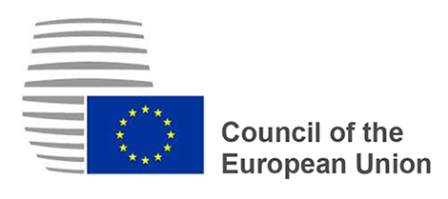The Council of the EU wants to support teachers and trainers in view of new challenges and to raise opportunities for young people in rural and remote areas.
EU education ministers adopted the Council conclusions on European teachers and trainers for the future. Due to the coronavirus outbreak, they did this by written procedure and not during their video conference on 18 May. The conclusions recognise that teachers and trainers are an indispensable driving force of education and training, and acknowledge their commitment during the current COVID-19 crisis. EU Member States (MS) are invited, amongst others, to support teachers’ and trainers’ competence development in a lifelong learning perspective and to foster their mobility, be it physical, virtual or blended.
The European Commission (EC) is invited to be active in:
- supporting policy dialogue at MS level in view of facilitating teacher and trainer mobility;
- exploring the possibility of developing a ‘green’ competence framework
- encouraging EU-level networking and cooperation with the perspective to achieve European teacher training academies;
- exploring the development of European career guidelines;
- promoting online platforms, such as e-Twinning, School Education Gateway and EPALE, as well as extending their use to facilitate mobility better;
- supporting cooperation and mobility of teachers and trainers through Erasmus+ and other EU funding instruments.
EU youth ministers adopted, as well by written procedure, conclusions on raising opportunities for young people in rural and remote areas. The conclusions underline that those areas should have access to essential services and infrastructure, such as those needed for quality learning. The conclusions e.g. invite the EU Member States and the EC to promote synergies between EU programmes and initiatives, such as Erasmus+, European Solidarity Corps, European Social Fund and the Youth Guarantee. The EC is further invited to do research and analysis in view of evidence-based policymaking in this field.
Furthermore, the Council adopted conclusions on media literacy in an ever-changing world. They recognise the importance of media literacy given the growing exposure of citizens to a large amount of information, in particular during global crises such as the current COVID-19 pandemic. EU Member States are invited to undertake various measures, such as developing lifelong-learning approaches to media literacy for all ages. The EC – partly together with the EU Member States – is invited to be active in further developing the European Media Literacy Week, complementing funding initiatives at national and EU levels, and financing systematic and regular research into media literacy and the impact of media and digital platforms on people’s lives.

